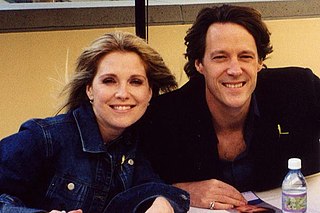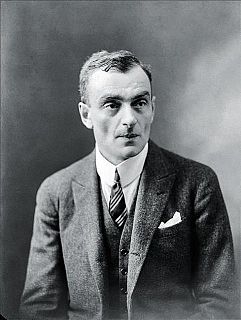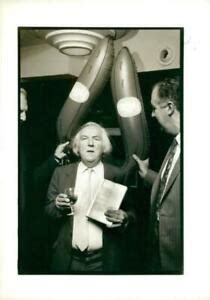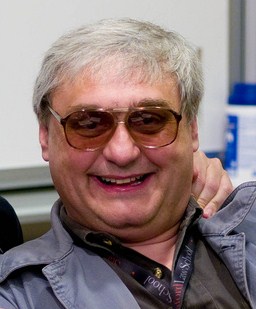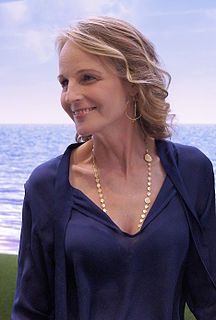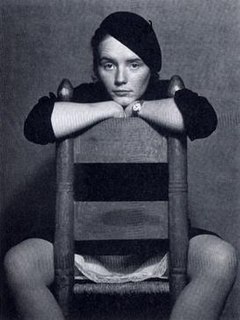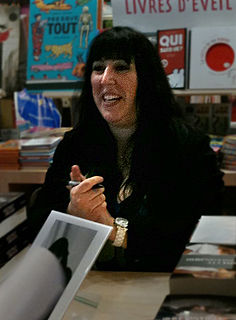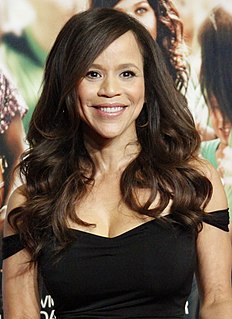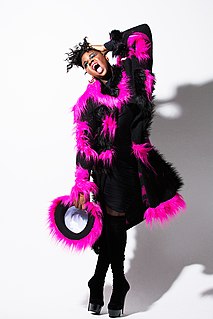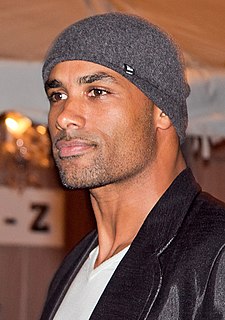A Quote by Matthew Ashford
When I draw a character, very often as I'm doing a face, my face mirrors the expression.
Related Quotes
I've always used masks. I think it's a lot about the fact that masks often reveal a sort of subconscious element to a character. The mask is carved and given an expression or markings to reveal something, even though it's shielding the face. Even though it's hiding the face, it seems to reveal something underneath.
I see the President almost every day. I see very plainly Abraham Lincoln's dark brown face with its deep-cut lines, the eyes always to me with a deep latent sadness in the expression. None of the artists or pictures has caught the deep, though subtle and indirect expression of this man's face. There is something else there. One of the great portrait painters of two or three centuries ago is needed.
Just imagine living in a world without mirrors. You'd dream about your face and imagine it as an outer reflection of what is inside you. And then, when you reached forty, someone put a mirror before you for the first time in your life. Imagine your fright! You'd see the face of a stranger. And you'd know quite clearly what you are unable to grasp: your face is not you.
The only one who didn't know was George Lucas. We kept it from him, because we wanted to see what his face looked like when it changed expression--and he fooled us even then. He got Industrial Light and Magic to change his facial expressions for him and THX sound to make the noise of a face-changing expression.
It's so not sexy and intimate. There are 40 people in the room. There's a guy with his belly hanging out, with a boom in your face. It's really very technical. I think doing a love scene is tougher than doing a fight scene. It's so staged and you can't put light on her face and you have to hit the mark.
